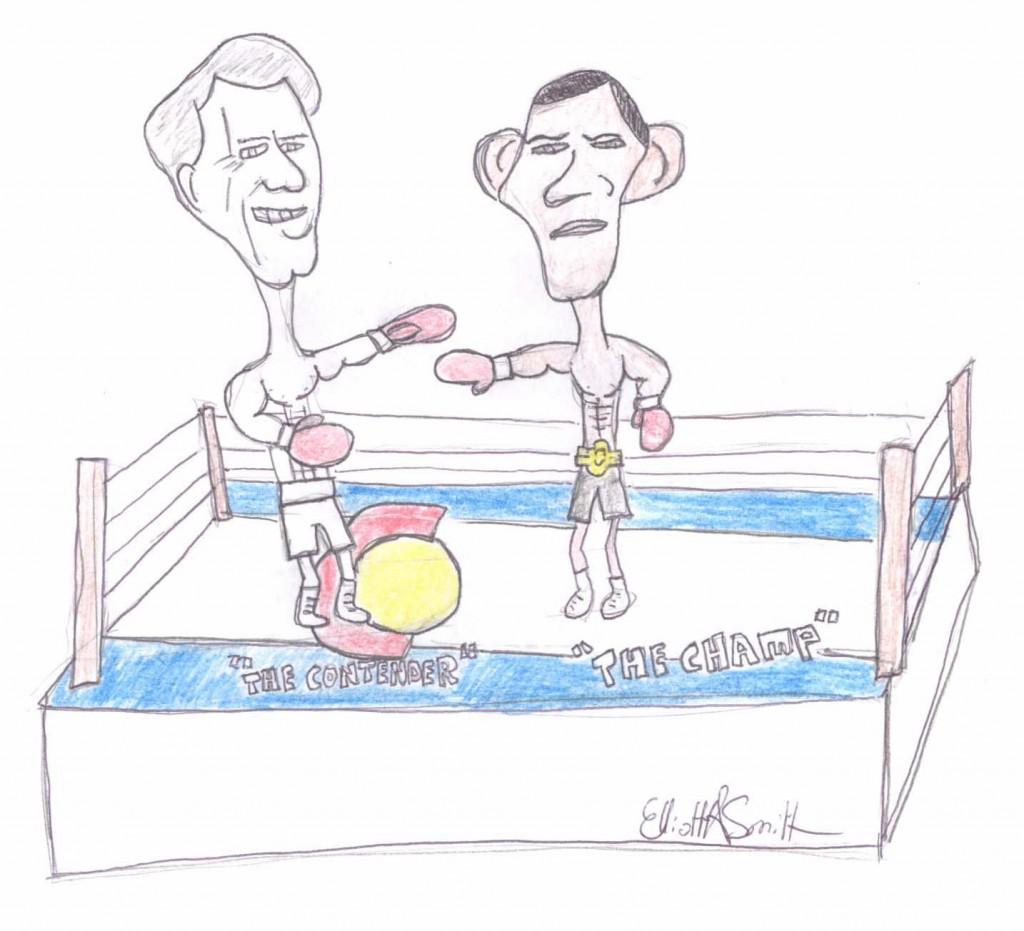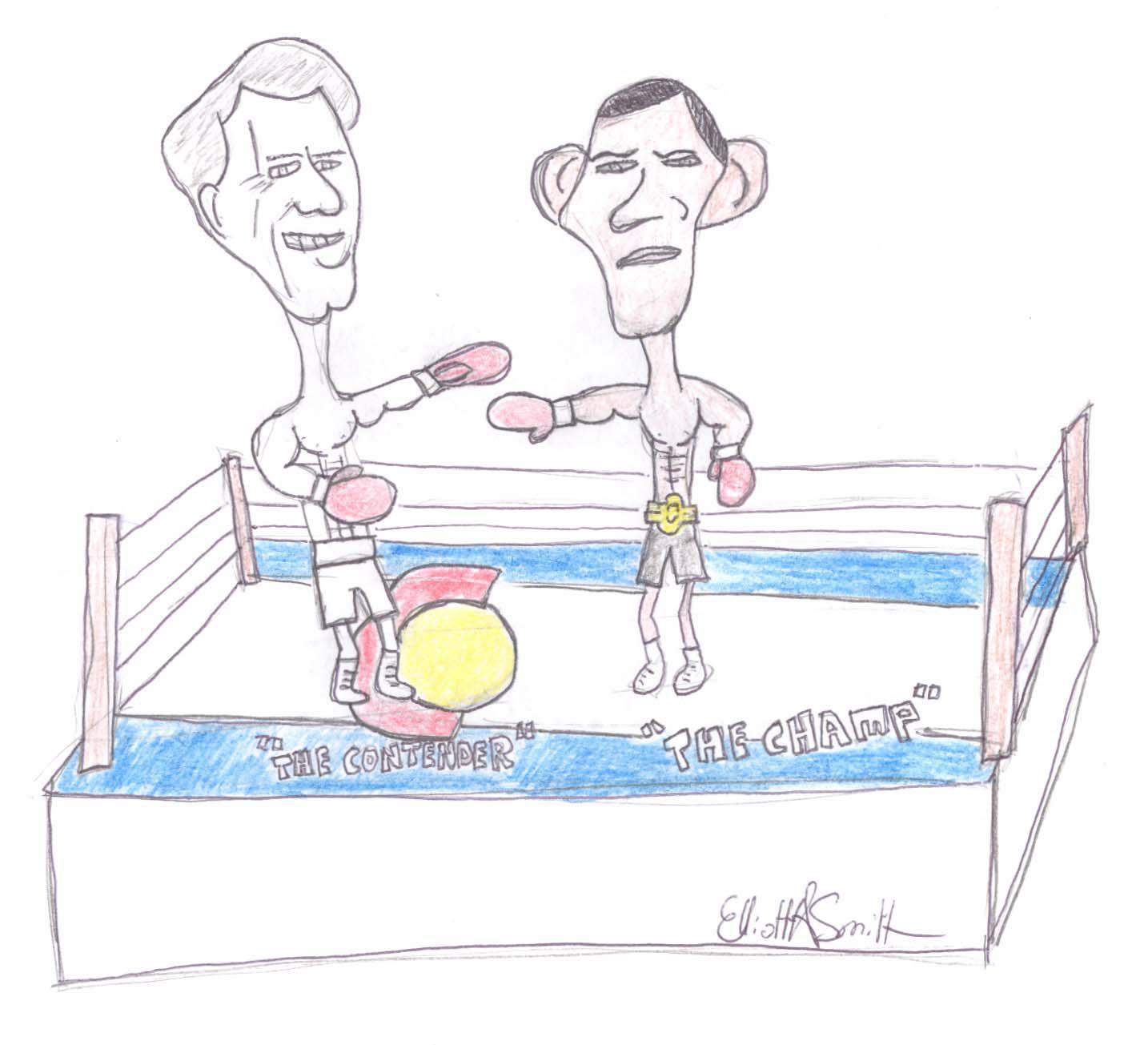 Since Mitt Romney began to pull away from the other Republican candidates in the primaries early this summer, the media has been saturated with presidential election coverage. It seems that every news website has sported a dozen articles a day concerning the election, and one cannot watch a thirty minute sitcom without having to endure a montage of political advertisements.
Since Mitt Romney began to pull away from the other Republican candidates in the primaries early this summer, the media has been saturated with presidential election coverage. It seems that every news website has sported a dozen articles a day concerning the election, and one cannot watch a thirty minute sitcom without having to endure a montage of political advertisements.
Amidst all of this chaos, it is easy to become lost in ad hominem attacks, negative campaign ads, and vague stump speeches filled with colloquial political language. Regardless of how frustrating all of this is, if you are eligible to vote this November, your vote will count. Colorado is a battleground state, and its nine electoral votes could end up meaning a second term for Obama, or the Republicans taking back the White House. So it is very important that you do your duty by being an informed and participating member of this election; either by registering to vote, or—if you are not eligible to vote due to age—by reading election news and participating in political discussion.
Many of you will receive input on political issues via your parents and peers. There is nothing wrong with this, but keep in mind that your parents and peers have values and beliefs that may not exactly correspond to yours. Examine your own values and use those to make adequate judgments on political issues. Subject yourself to political ideology, rather than affiliation with a party. Ideologies are stable and concrete. Political parties are not. For instance, concern for environmental issues are most often associated with the Democratic Party. However, many environmental progressions including the Clean Water Act and the Endangered Species Act were signed into law by Republican Richard Nixon. So if environmental issues are important to you, examine which candidate stresses this issue more, rather than just take the side of a particular party.
The closer it gets to election-day, the bolder and more flagrant campaign promises will become. Both Obama and Romney will be making claims about how much the state of the country will improve if they receive your vote. Politicians will claim they have control over things they have no part in, just for the trust of the constituency. For instance, during the Republican primaries, former Speaker of the House Newt Gingrich claimed that the price of gas would be substantially lower if he was president. Last time I checked, Newt wasn’t a chairman on the board for OPEC, and has absolutely no say on the price of a barrel of oil. But these exaggerated and outlandish campaign promises won’t be going away any time soon. So don’t expect the promises made by your candidate to be fulfilled. One must differentiate between a politician and a candidate. A politician is an elected official who dictates decisions on policy. A candidate is eligible for a certain position whose task is to receive the greatest number of votes. These roles substantially dictate what they will say.
Since you are reading this, you are most likely a resident of Colorado. Due to the stark political division of the state, your vote is of higher priority than residents of states such as Texas, Utah, and Oklahoma, who strongly tend to vote Republican, or California, which tends to vote Democratic. Our republic only functions as intended when as many eligible and informed citizens cast their votes. Either have a say in who will lead the United States, or be subject to the opinions of your peers. The choice is yours. Register before Oct. 9th at registertovote.org/Colorado.
Opinion pieces, including columns, reflect the opinions of Elliott Smith, while unsigned editorials reflect the majority opinion of the Editorial Review Board, not the school, the school district or any other employee. Furthermore, Poudre School District and its employees are immune from civil or criminal action based on any expression made or published by students.












